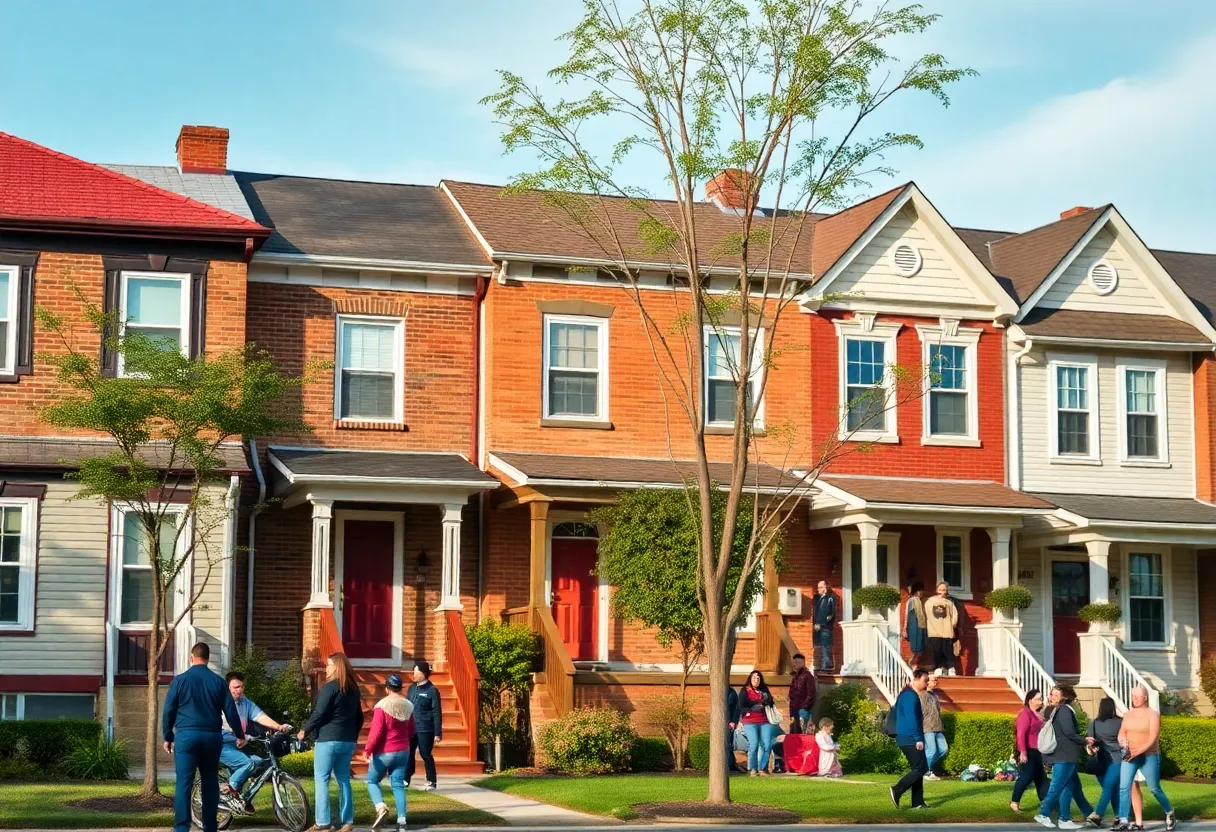News Summary
West Virginia Board of Education President Paul Hardesty calls for legislative action to address school choice and its impact on public education funding. With 35,000 students leaving public schools in the last decade, Hardesty emphasizes the need to revise the current school aid formula to alleviate financial struggles faced by public school systems. As public school enrollment declines, concerns about equitable treatment among different educational alternatives arise. The state’s funding formula is closely tied to student numbers, which impacts financial sustainability for public schools.
Charleston, West Virginia – West Virginia Board of Education President Paul Hardesty has called for legislative action in response to the ongoing controversy surrounding public school funding and the effects of school choice on public education. Hardesty stresses the necessity for a public understanding of how state education laws are developed and implemented, especially concerning misconceptions about the West Virginia School Laws book. He clarifies that this book is not authored by either the Board or the Department of Education.
In the last decade, approximately 35,000 students have transitioned from public schools to private schools and homeschooling due to the increasing popularity of school choice options. While Hardesty does not oppose school choice, he raises concerns regarding its impact on public school enrollment and funding.
Hardesty urges state lawmakers to revise the current school aid formula, asserting that many public school systems are struggling financially. The legislative framework, he argues, does not sufficiently address the declining enrollment rates in public schools, which he connects directly to the shifts caused by school choice initiatives.
Senator Patricia Rucker responded to Hardesty’s comments by asserting that the legislature should not be held accountable for under-enrollment stemming from school choice. She mentioned that school consolidations have been a long-term trend, suggesting that this issue is not solely a recent development. Delegate Joe Satlar echoed this sentiment, indicating that finding solutions to the school aid formula will require time, as a comprehensive overhaul is necessary.
In recent developments, West Virginia has witnessed a notable increase in the consolidation of public schools, with 16 schools scheduled to close in 2024—a significant rise from the nine closures reported the previous year. This trend reflects broader challenges facing public education systems in the state.
Hardesty also highlighted the growing disparities in the regulations that govern public schools, charter schools, and homeschool operations, advocating for a more equitable treatment across these educational alternatives. The Hope Scholarship program, which has garnered attention for its financial assistance aimed at homeschooling and nonpublic education, operates on a budget of less than $100 million for the current school year. This budget is projected to nearly double to approximately $245 million by the 2026-2027 academic year.
Despite the program’s potential to provide families with more educational options, Hardesty cautions that without adequate oversight, initiatives like the Hope Scholarship could jeopardize the sustainability of public schools. He explained that the state’s funding formula is contingent on student enrollment; thus, a decline in student numbers severely affects financial allocations for those schools.
Criticism has arisen regarding the disparity in legislative support allocated to public education compared to charter schools and other educational alternatives. Current enrollment data suggests a continued downward trend in West Virginia’s public school population, with projections indicating fewer than 241,000 students this year.
Hardesty expresses particular concern for students facing the most significant challenges, noting that these individuals are predominantly remaining in public schools, which exacerbates the burden on these institutions. Legislative actions to address these pressing matters are anticipated to be discussed in upcoming meetings, with the next Board meeting scheduled for November 12, 2025.
Deeper Dive: News & Info About This Topic
HERE Resources
Norfolk School Board Delays Vote on School Consolidation Plan
Norfolk School Board Plans Major School Consolidation
Vallejo Plans Community Meetings Amid School Closures
Vermont Commission Advocates for Community Engagement in School Closures
West Virginia Faces Sharp Decline in Public School Enrollment
Additional Resources
- WSAZ: West Virginia BOE President Calls for School Choice Guardrails
- News and Sentinel: West Virginia Board of Education President Challenges Lawmakers
- WOWK TV: West Virginia BOE President Urges Legislators on School Choice
- Wikipedia: Education in West Virginia
- K-12 Dive: Private School Choice Participation Increase
- Google Search: West Virginia Education Funding
Author: STAFF HERE BALTIMORE WRITER
The BALTIMORE STAFF WRITER represents the experienced team at HEREBaltimore.com, your go-to source for actionable local news and information in Baltimore, Baltimore County, and beyond. Specializing in "news you can use," we cover essential topics like product reviews for personal and business needs, local business directories, politics, real estate trends, neighborhood insights, and state news affecting the area—with deep expertise drawn from years of dedicated reporting and strong community input, including local press releases and business updates. We deliver top reporting on high-value events such as the Baltimore Book Festival, Preakness Stakes, and Artscape. Our coverage extends to key organizations like the Baltimore Chamber of Commerce and Visit Baltimore, plus leading businesses in shipping and healthcare that power the local economy such as the Port of Baltimore and Johns Hopkins Medicine. As part of the broader HERE network, we provide comprehensive, credible insights into Maryland's dynamic landscape.





